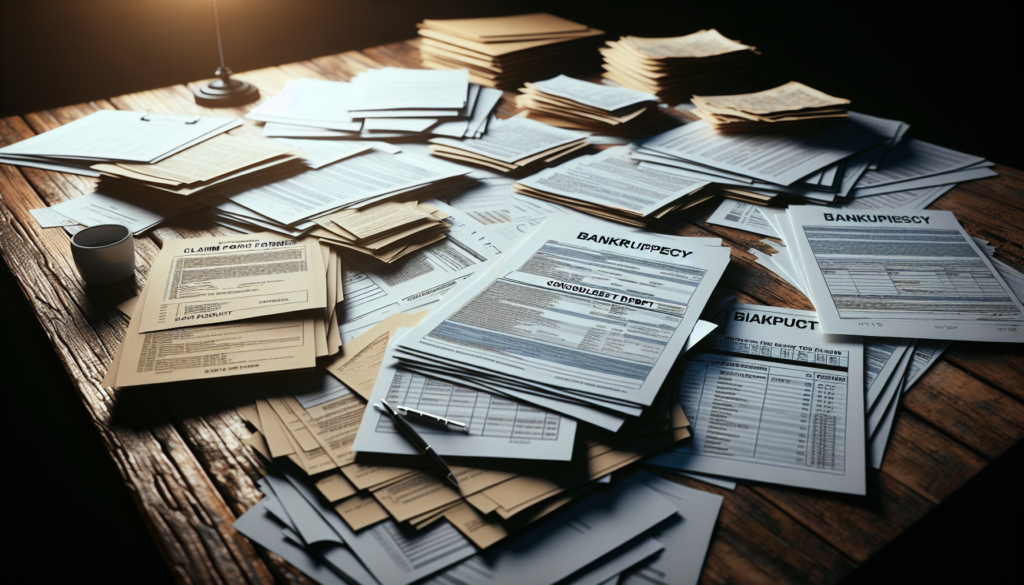
Missing a Chapter 13 plan payment can have significant consequences, but there are steps a debtor can take to address the situation and potentially avoid severe outcomes like dismissal of their bankruptcy case. Here’s what can happen and what steps might be taken:
Immediate Consequences of Missing a Payment
- Trustee’s Response: If you miss a payment, the Chapter 13 trustee (who administers your repayment plan and distributes payments to creditors) may take action. This could include contacting you or your attorney to inquire about the missed payment.
- Creditors’ Actions: Creditors might also respond to a missed payment, especially if they suspect that you will not be able to continue making payments. They could ask the court to lift the automatic stay (which protects you from collection actions during bankruptcy) for their specific debts, potentially leading to foreclosure, repossession, or other collection activities.
Potential Court Actions
- Motion to Dismiss: The trustee or a creditor might file a motion to dismiss your Chapter 13 case due to the missed payments. If the court grants this motion, your bankruptcy protection ends, and creditors can resume collection actions against you.
- Motion for Relief from Stay: Creditors might file a motion for relief from the automatic stay, asking the court for permission to proceed with foreclosure, repossession, or lawsuits against you for their debts.
Steps to Address Missed Payments
- Communicate with Your Trustee: If you know you’re going to miss a payment or already have, contact your Chapter 13 trustee immediately. Explain your situation and discuss possible solutions. Trustees may be willing to work with you if your payment issues are temporary.
- Modify Your Plan: If your financial situation has changed permanently and you can no longer afford your current plan payments, you may be able to modify your Chapter 13 plan to lower your payments. This requires filing a motion with the court and demonstrating that your financial situation has changed due to circumstances beyond your control.
- Grace Period or Catch-Up Payments: Some trustees might offer a short grace period to catch up on missed payments, especially if your inability to pay is temporary. This isn’t a formal option within the bankruptcy code but rather depends on the trustee’s discretion.
- Hardship Discharge: In rare cases, if you cannot continue your Chapter 13 plan payments due to circumstances beyond your control (such as illness or job loss), you might qualify for a hardship discharge. This discharges some of your debts even though you haven’t completed your repayment plan, but it’s more limited than the discharge you’d receive after completing the plan.
- Conversion to Chapter 7: If you can no longer afford to make Chapter 13 payments and don’t see your financial situation improving, converting your case to Chapter 7 might be an option. This would liquidate any non-exempt assets to pay creditors, but it could result in a discharge of your remaining dischargeable debts.
Missing a Chapter 13 plan payment is a serious matter, but it doesn’t automatically mean the end of your bankruptcy protection. By taking proactive steps and working with your bankruptcy trustee and attorney, you can address the missed payment and find a solution that allows you to continue working towards your financial fresh start.

Get a Free Bankruptcy Case Evaluation